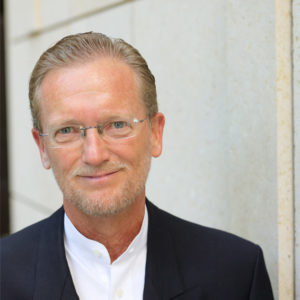Attorney-Client Privilege Shouldn’t Help Oligarchs Evade Russia Sanctions
(Originally published by The Hill on June 13, 2024)

An obvious principle in the attorney-client relationship is that lawyers should not help their clients break the law. Yet this basic idea is under attack in our country by lawyers themselves. And the victims are taking cover in Ukrainian bomb shelters.
Thanks to strong confidentiality shields in our legal system, some U.S. lawyers are weaponizing their privileges to enable kleptocrats and oligarchs’ worst abuses. Not all lawyers engaging in these practices may be aware of the ramifications of their actions. But the impact is the same.
Unlike most attorneys engaging in this conduct, Manhattan lawyer Robert Wise knew exactly what he was doing. Wise got a new client in 2008, Vladimir Voronchenko, a Russian citizen and U.S. green card holder. A steward of the arts, he was the founding director of St. Petersburg’s Faberge Museum, which housed the art collection of his childhood friend, Russian billionaire Viktor Vekselberg.
(Continue reading the opinion essay on The Hill‘s page here.)
Erik Jensen is the director of the Stanford Law School Rule of Law Program. Bryce Tuttle is a J.D. candidate at Stanford Law School and a co-author of the recently published report from SLS’s Law and Policy Lab, “Regulating the Lawyer-Enablers of Russia’s War on Ukraine.”
